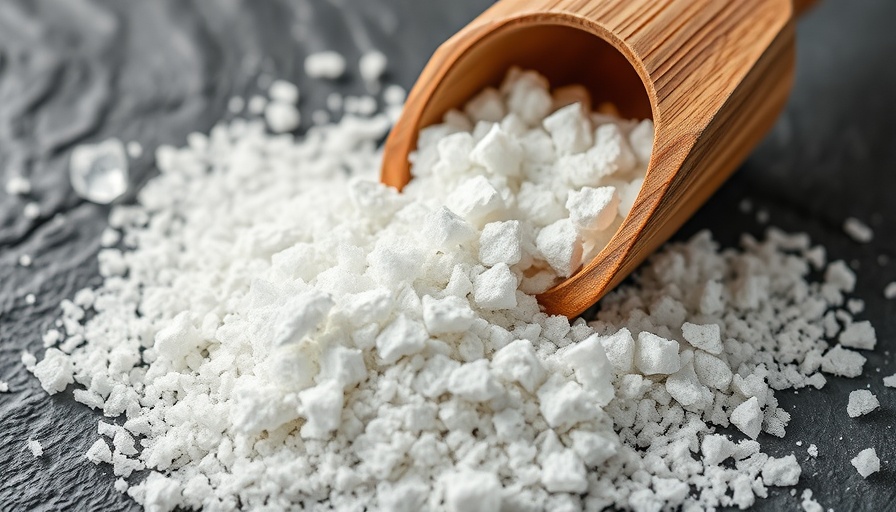
Are Seed Oils Dangerous? Debunking Myths and Misconceptions
The conversation surrounding seed oils has amplified over the last few years, especially with the rise of health influencers advocating for diets more reliant on animal fats. Critics label vegetable oils as 'toxic sludge' and argue they are the root of molecular chaos in the body—unlike traditional animal fats found in butter and lard, which have been staples in human diets for thousands of years. These conversations have ignited confusion and concern about the safety and health implications of consuming oils derived from seeds.
The Nutritional Comparison: Vegetable Oils vs. Olive Oil vs. Butter
To understand the debate, let's break down the nutritional profiles. Common vegetable oils, such as canola, corn, and soybean oil, undergo extensive processing that involves chemicals and often high heat. This can result in the formation of trans fats—substances considered harmful to health. In contrast, oils like olive and avocado are cold-pressed, preserving their nutrient profiles, including antioxidants and monounsaturated fats, which are associated with lower risks of heart disease.
The Arguments Against Vegetable Oils
One of the most vehement arguments against vegetable oils is their high omega-6 fatty acid content. While omega-6s are essential for health, exceeding their recommended daily intake in relation to omega-3s can trigger inflammation and chronic diseases. Advocates of animal fats point out that a historical reliance on these fats has contributed to better overall health outcomes in some populations.
The Case for Vegetable Oils: A Balanced Perspective
On the other side, nutrition experts emphasize that moderation is key. Vegetable oils, when consumed as part of a balanced diet, can be quite beneficial. They're rich in polyunsaturated fats, which have been found to lower cholesterol levels. Moreover, they contain vitamins and fatty acids that the body needs.
Societal Trends and Their Influence on Oil Consumption
The resurgence of interest in traditional fats coincides with a broader societal push for 'clean eating' and an aversion to industrially processed foods. Influencers and authors who promote the carnivore diet or paleo lifestyle tend to dismiss the benefits of vegetable oils entirely, which can lead individuals to shun these oils without understanding their context in nutrition.
Expert Opinions and Diverse Perspectives
Nutritionists remain divided. While some advocate for an all-natural approach that favors olive oil and animal fats, others suggest vegetable oils can serve as a healthful option when used appropriately. “We need to focus on the overall dietary pattern,” states Dr. Jane Doe, a registered dietitian. “It’s not just about oil; it’s about what else you’re consuming.”
Making Informed Choices: What Now?
So, what's the takeaway for your kitchen? Consider your cooking methods and dietary needs. If primarily used for frying or baking at high temperatures, oils with higher smoke points like avocado oil may be more suitable than olive oil. For salad dressings or drizzling on dishes, high-quality extra virgin olive oil celebrates its flavor and health-promoting properties. Understand where the oil is sourced and the methods of processing involved.
The debate over seed oils, vegetable oils, butter, and olive oil may continue to unfold. As consumers, it is essential to discern between factual information and sensationalized claims to enhance our diets consciously.
Ultimately, being aware of these differences allows individuals to make dietary choices aligned with their health goals. As trends evolve, returning to the core principle of moderation and balance can lead to the healthiest outcomes.
If you're interested in diving deeper into nutrient-dense options, consider exploring various cooking oils and how they can align with your health and wellness objectives.
 Add Row
Add Row  Add
Add 




 Add Row
Add Row  Add
Add 


Write A Comment